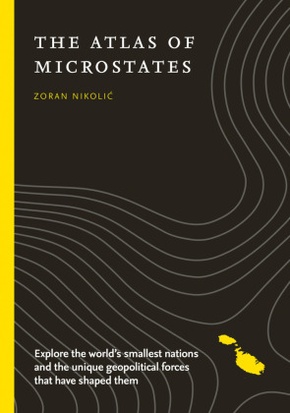| Verlag | Collins Learning |
| Auflage | 2024 |
| Seiten | 256 |
| Format | 15,5 x 2,0 x 21,5 cm |
| Gewicht | 589 g |
| Artikeltyp | Englisches Buch |
| EAN | 9780008703493 |
| Bestell-Nr | 00870349EA |
Defined as sovereign states with a very small population, land area, or both, microstates serve as fascinating case studies of geopolitical significance. This atlas explores the unique history, politics, and self-determination of the world's smallest states.
Under what conditions do microstates form in the first place? Is there a correlation between the size of a political unit and its relative sovereignty? What contributes to the success of ministates, or, in certain cases, their failure? From modern day city-states, island countries as well as sparsely populated territories, to historical anomalies, tax havens and aspirant states, this atlas considers a wide range of countries largely defined by their relative smallness.
A beautifully-designed collection ideal for those with an interest in geopolitics and cartographic curiosities, some of the microstates explored in this book include:
Leichtenstein one of the smallest countries in the world today ? and also one of the wealthiest ? with a territory that covers approximately 25km from north to south, the only country located entirely in the Alps Cocos (Keeling) Islands consisting of two coral atolls with a total area of 14m2, where fewer than 600 people live and the majority of the population is Muslim Couto Misto a de-facto semi-independent state which many believe had special sovereign rights granted to it by a 12th century princess, later disputed by Spain and Portugal and eventually partitioned in 1864. These along with many more examples are captured in this engaging atlas full of geographical intrigue.

